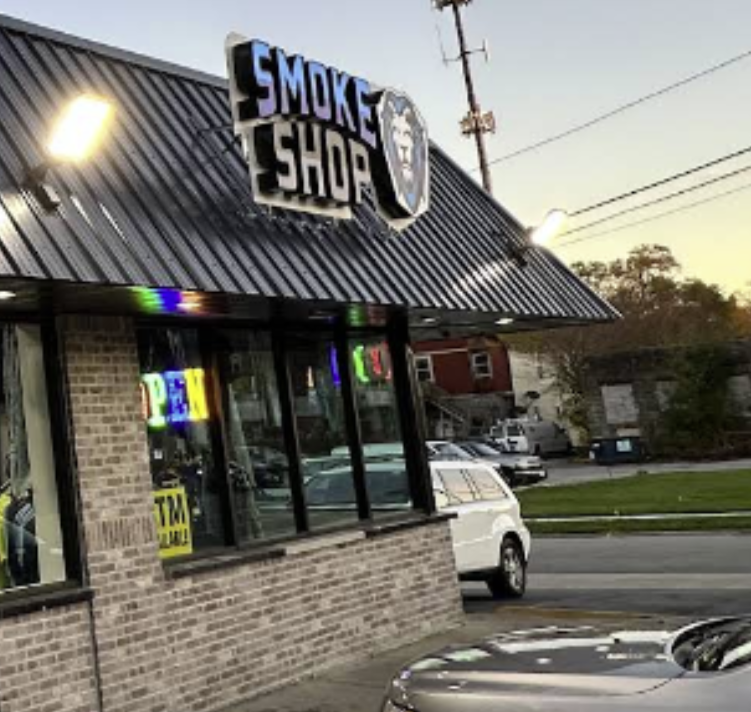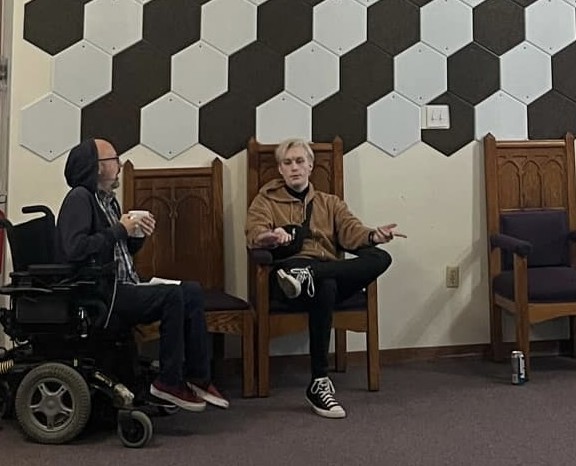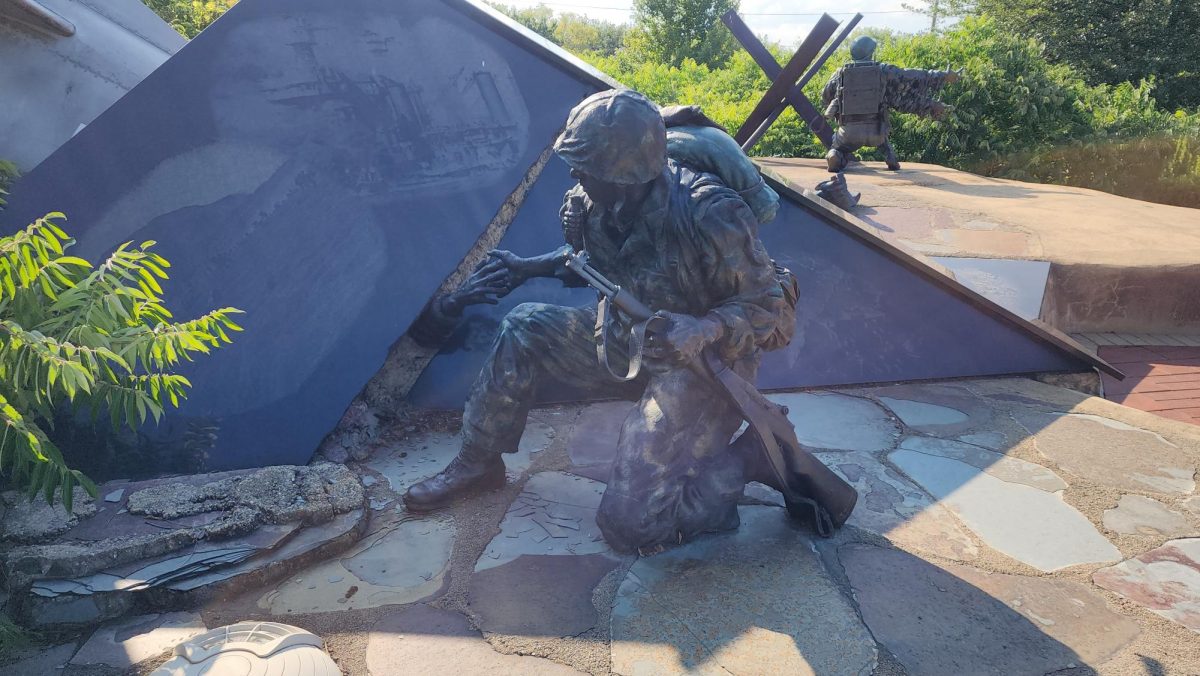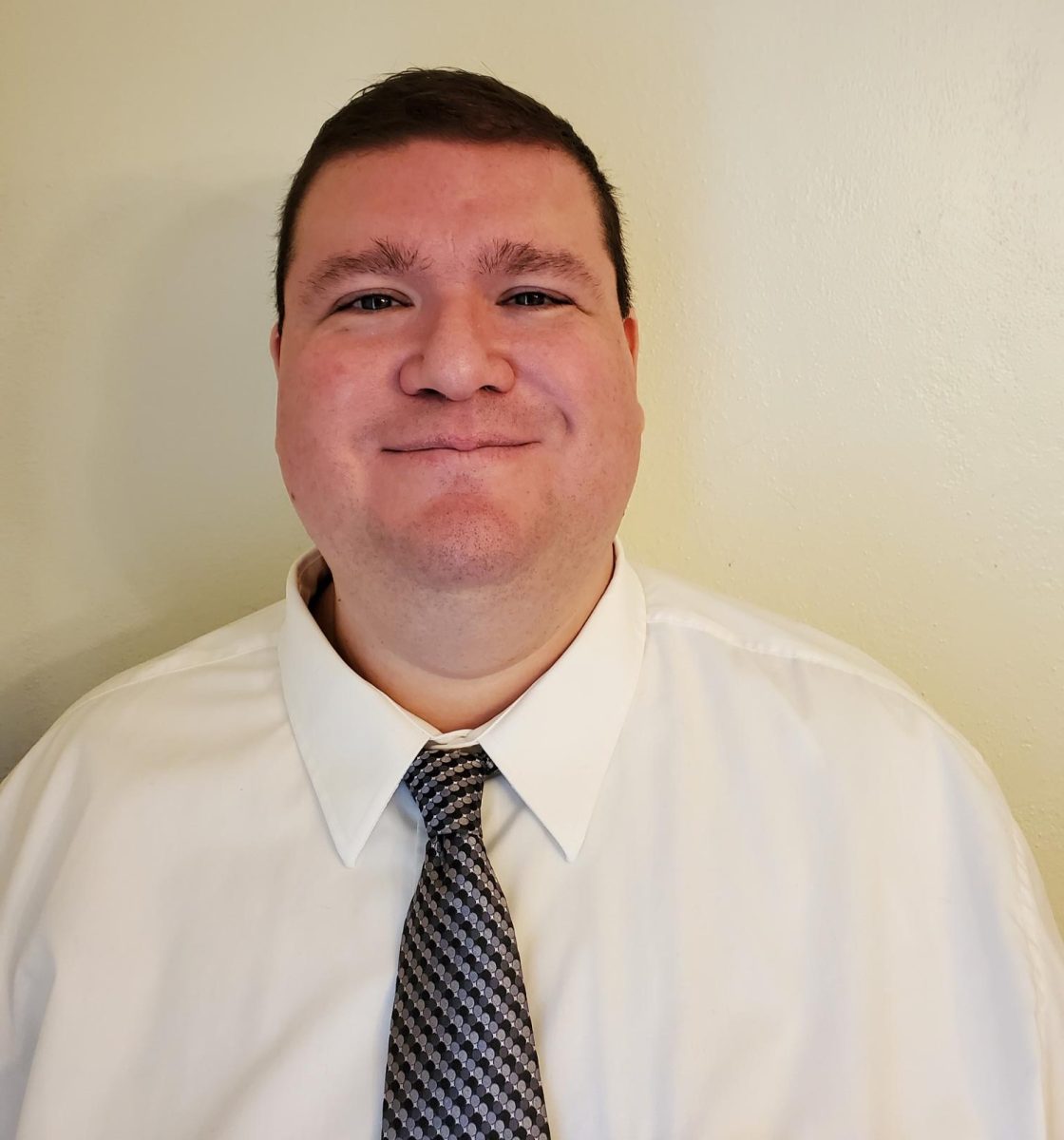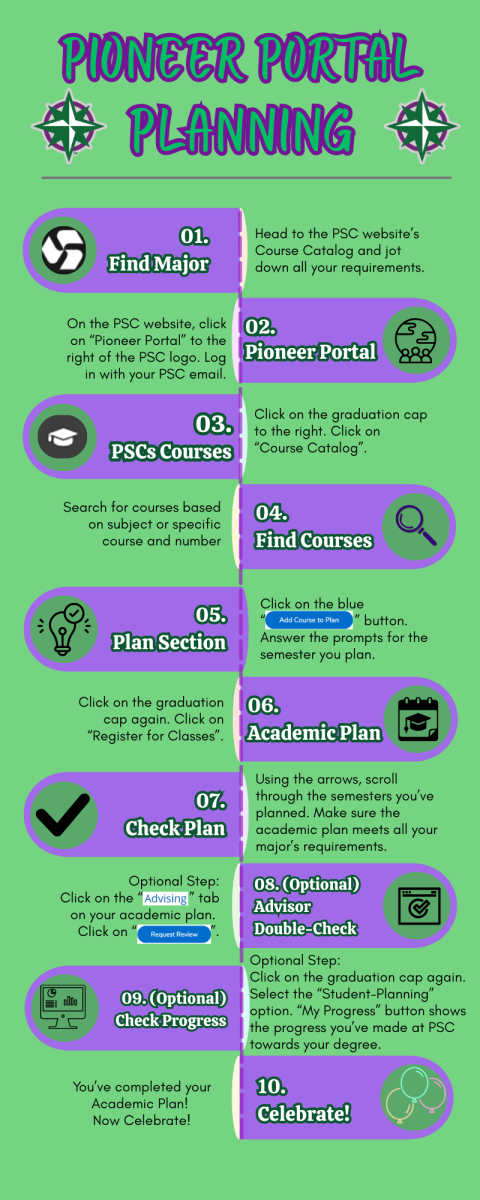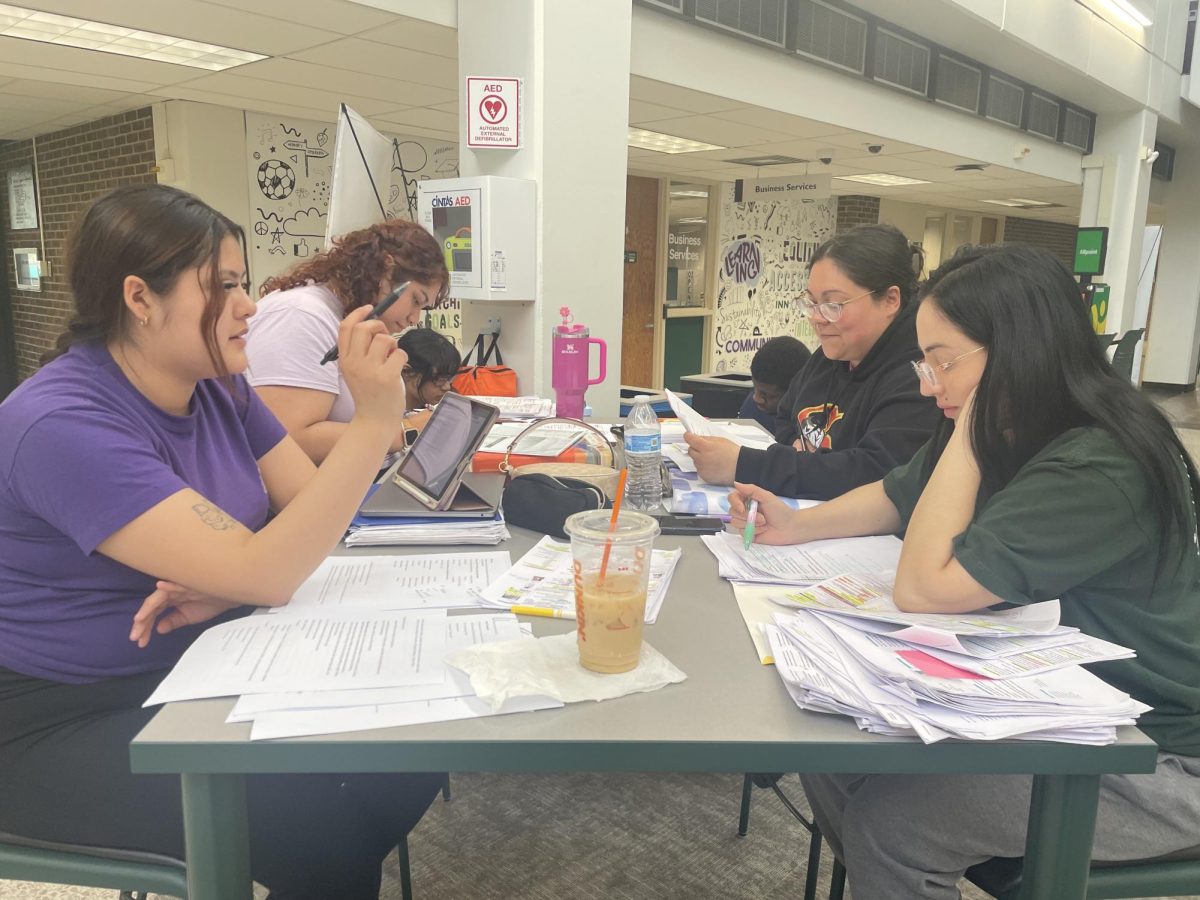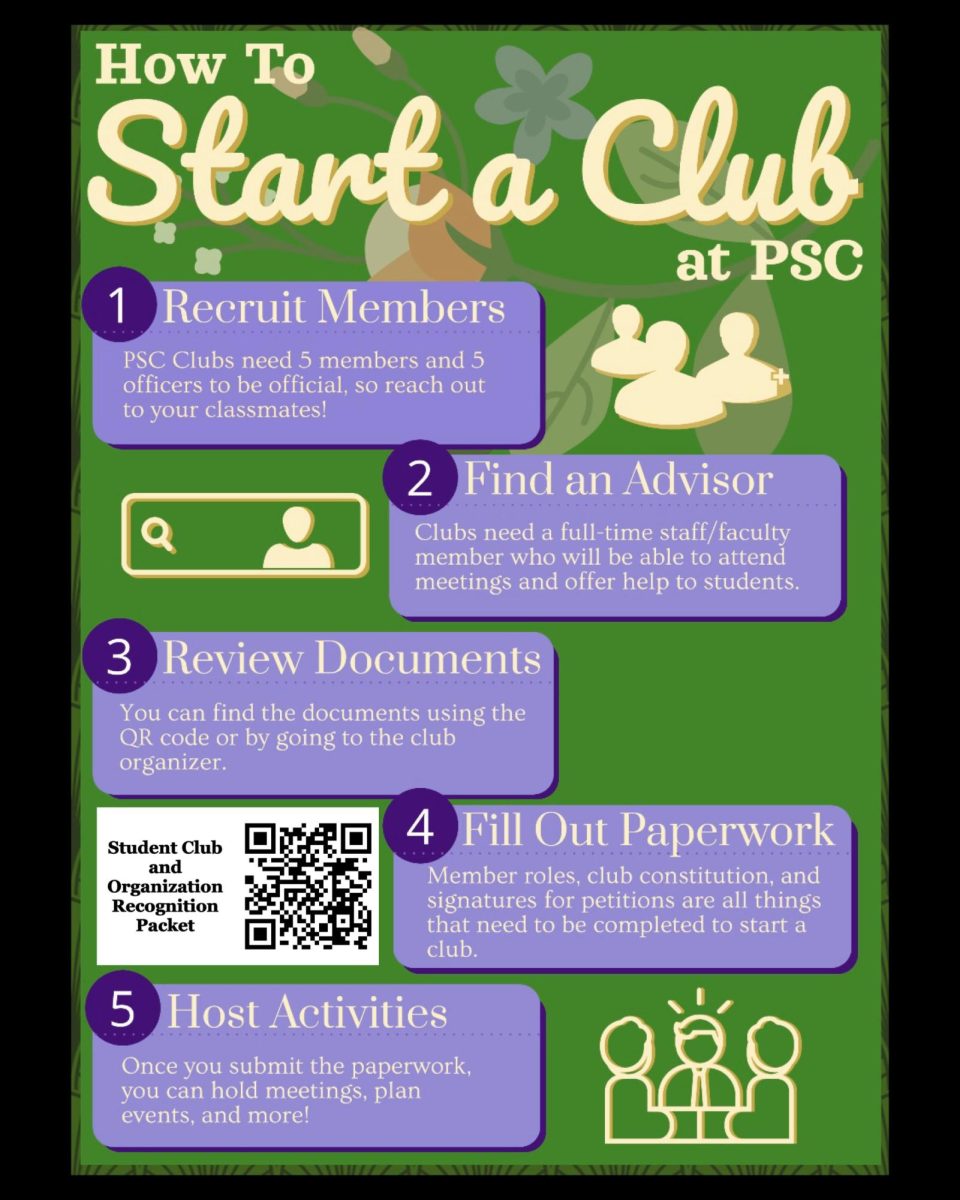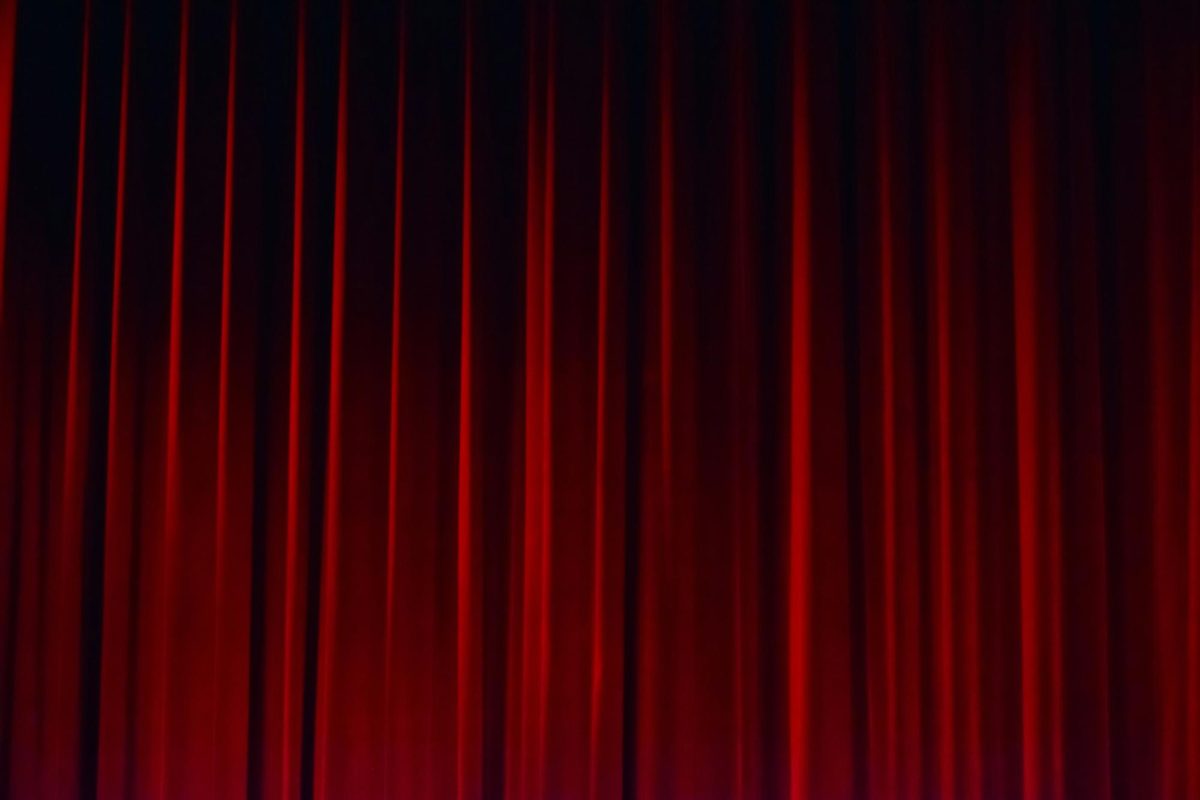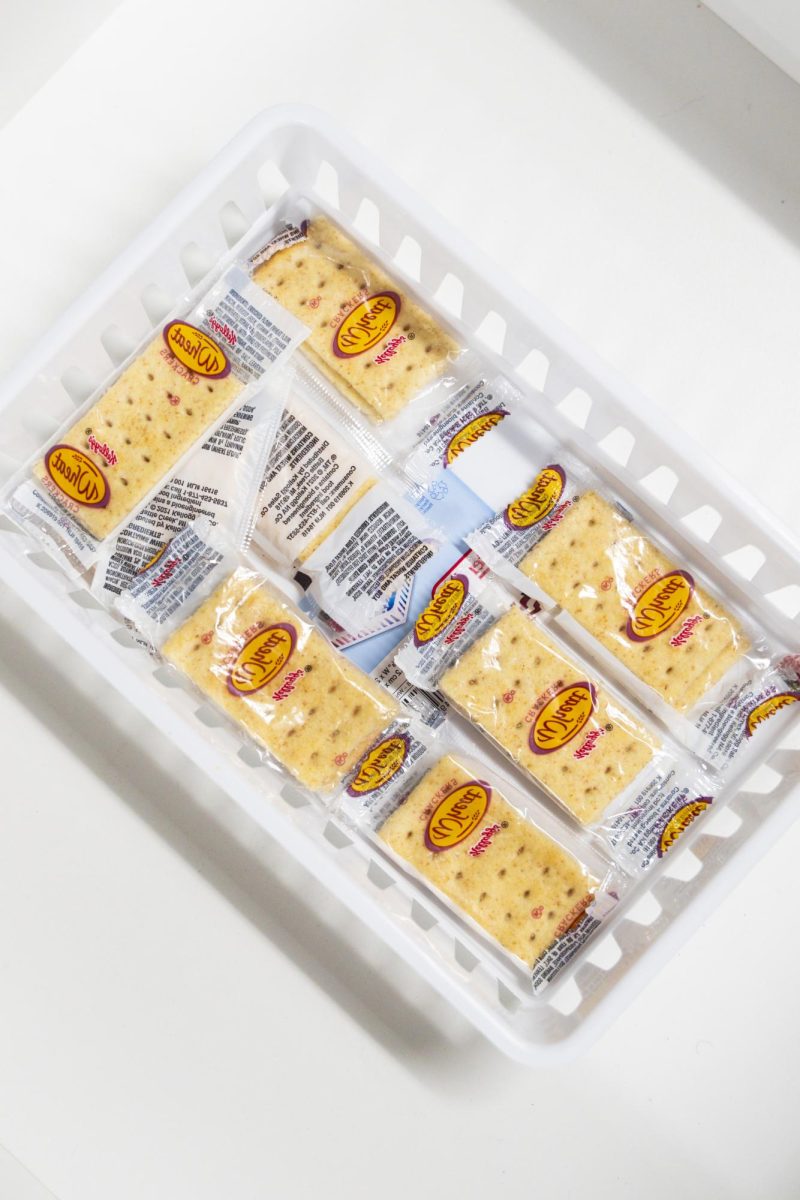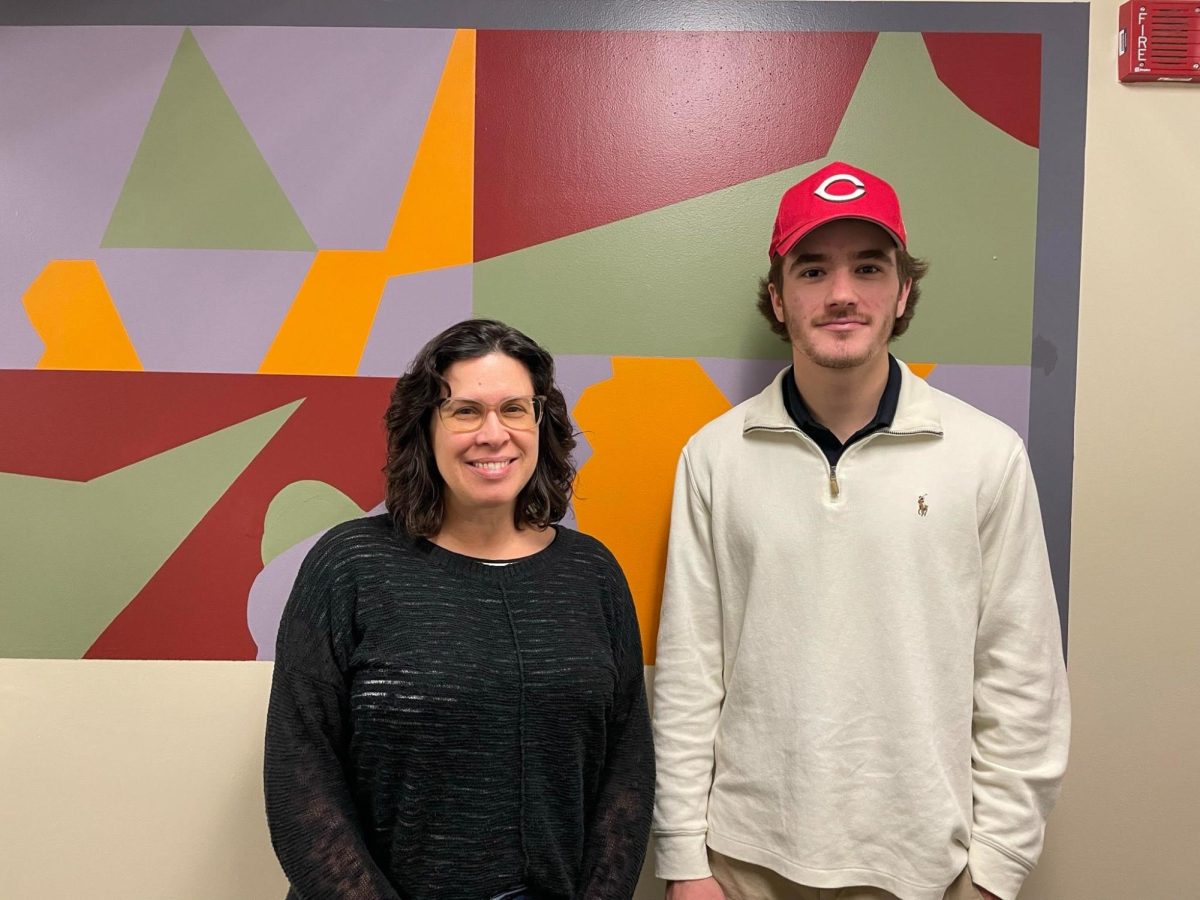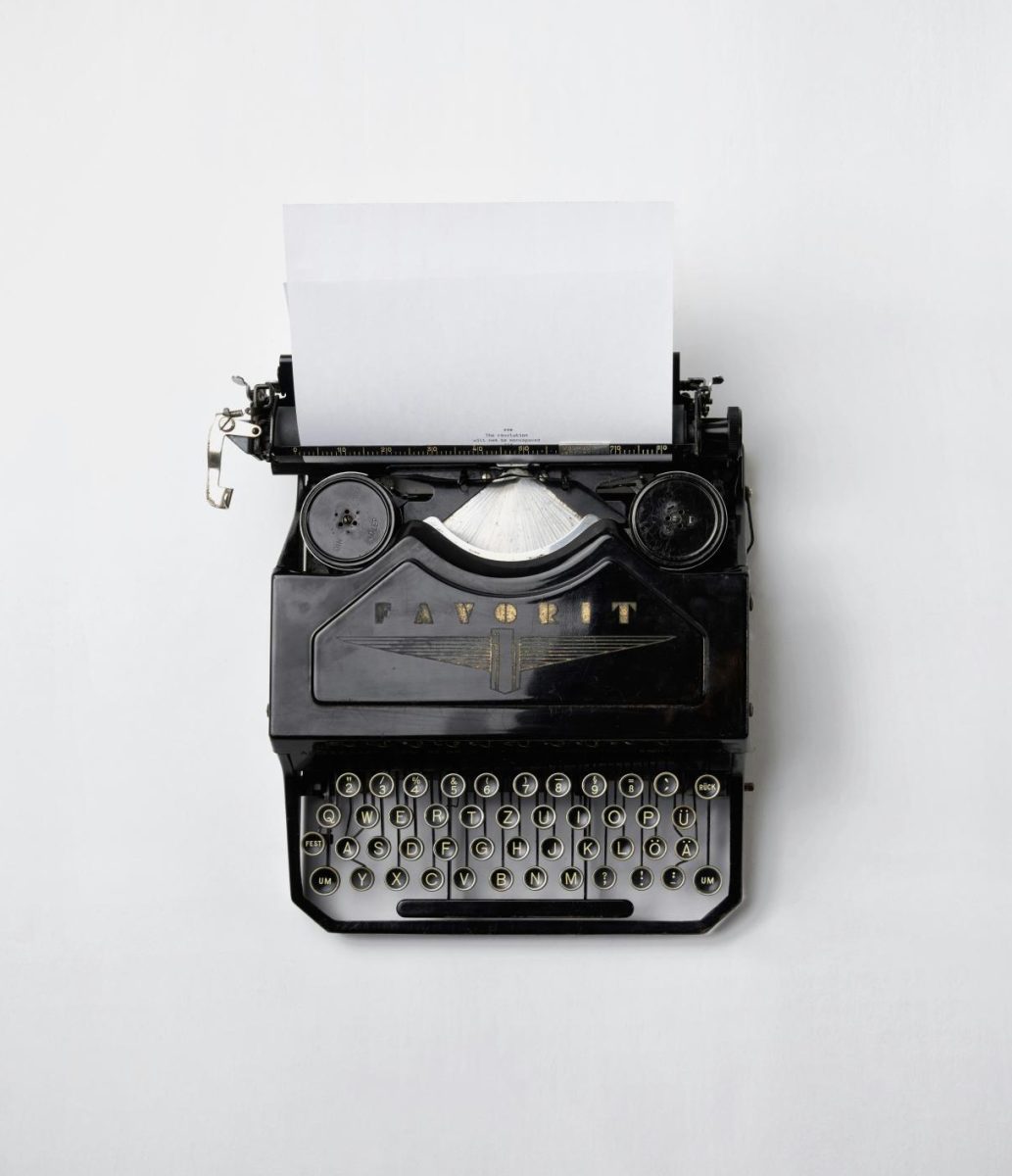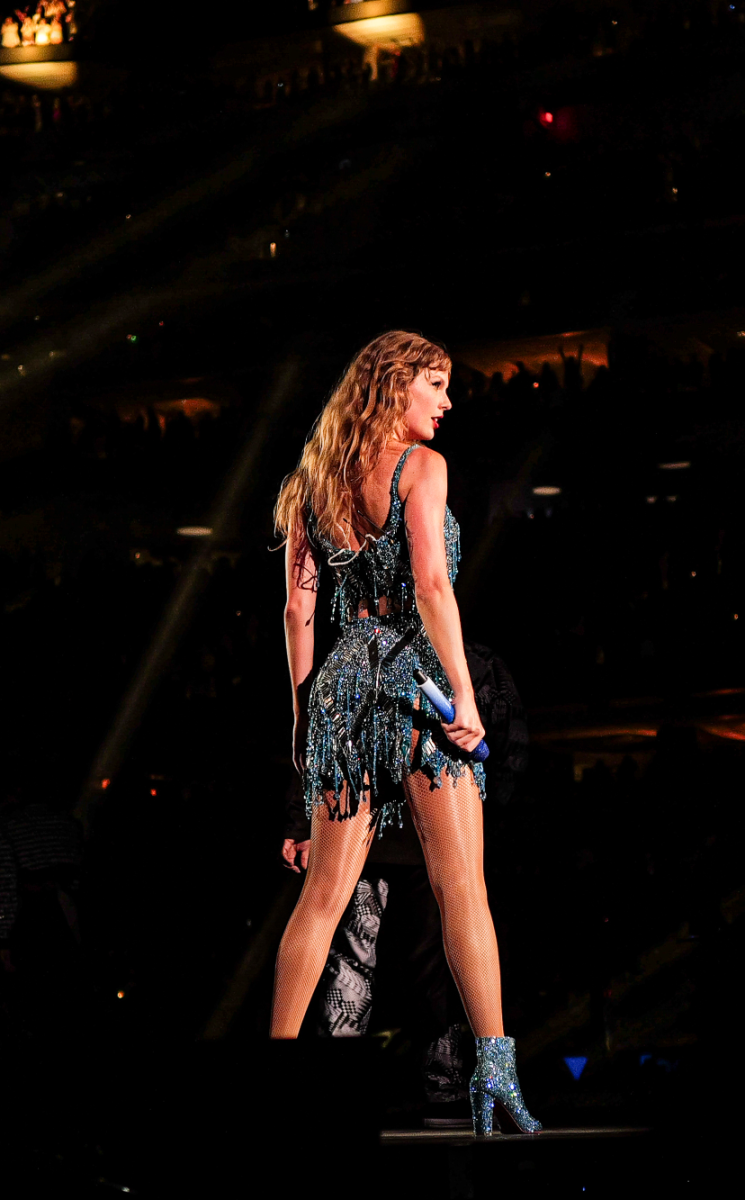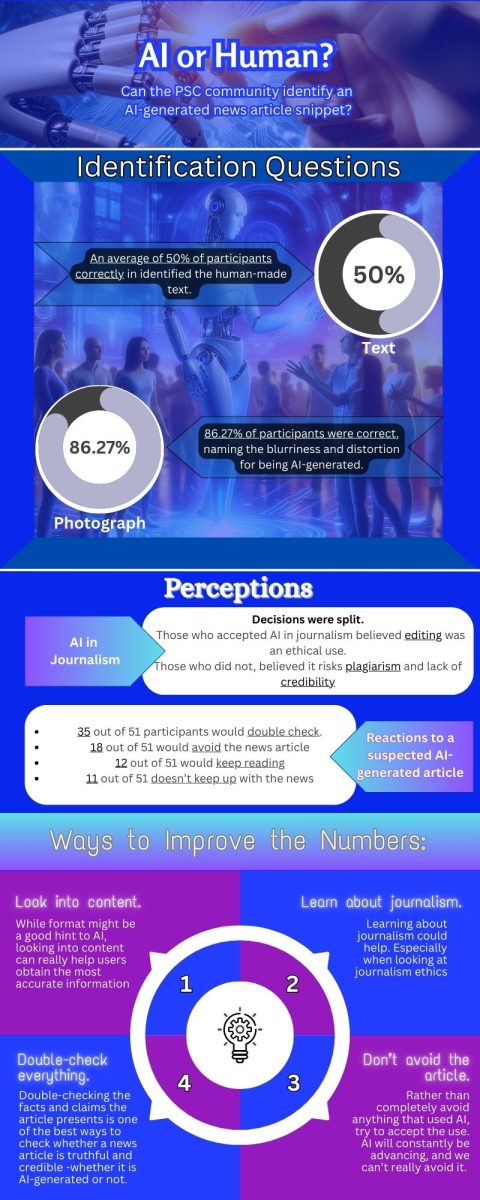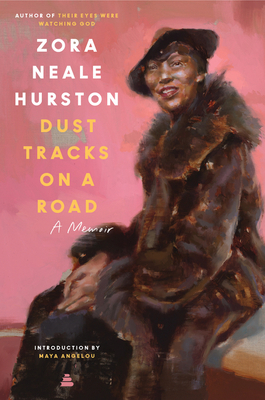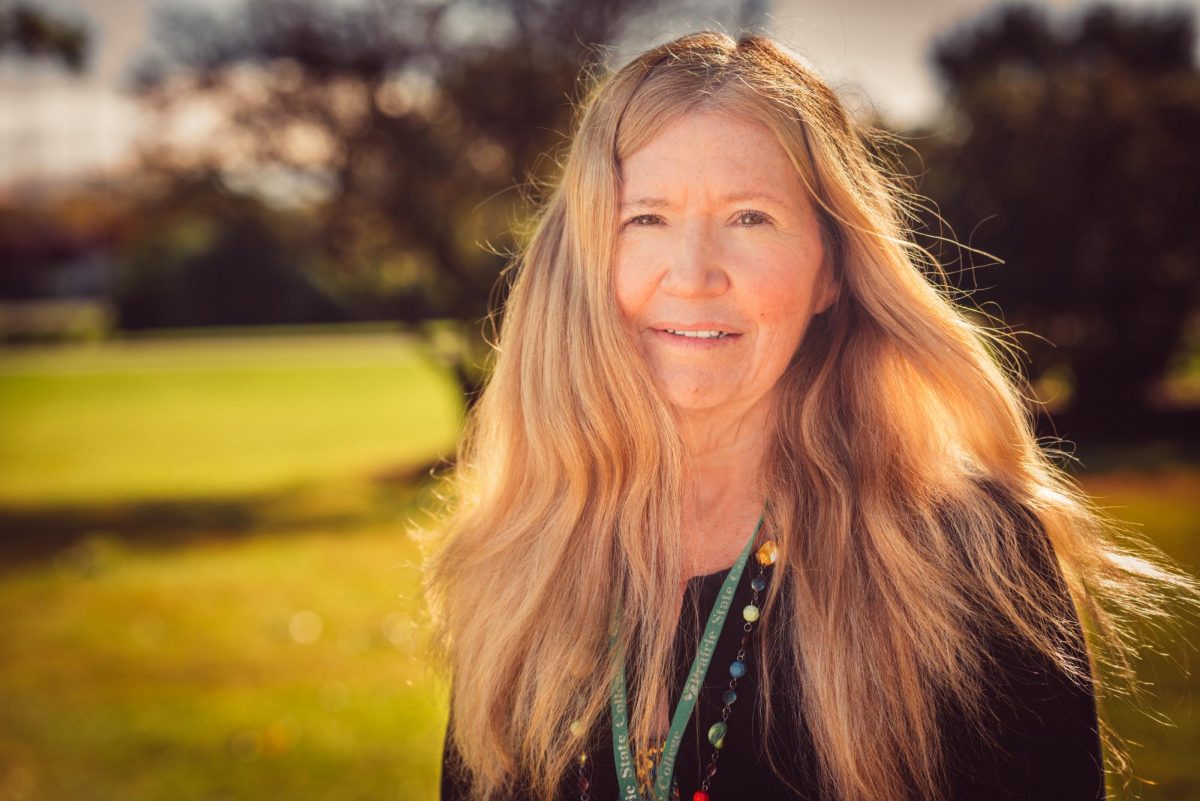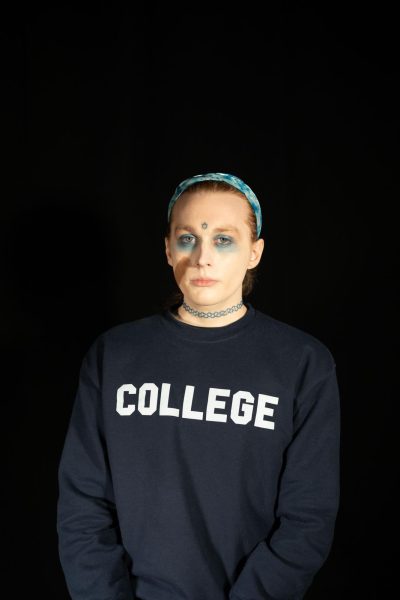In Northwest Indiana, a new community space is taking root. It’s not an entirely new idea, but it is a big win for the region. Joy Bomb is a radical social center built on the belief that we humans are interdependent and we need each other, now more than ever. Focused on care, collaboration, and community, Joy Bomb is an attempt to reshape the culture in Northwest Indiana, making room for cooperation in an otherwise competitive world. Joy Bomb is more than just a meeting place . . . it’s a home base/safe house for compassion and collective action. Grounded in the simple but powerful idea that sharing our survival should be the norm, not the exception, the center offers a space where people can gather, learn and organize to empower their communities. Joy Bomb hosts events like plant & tree shares, relevant cause related documentary screenings, community barbecues, Halloween parties, etc.. They are working to break the stigma of radical leftism & to show people that those with adjacent politics feel that way because they genuinely empathize with & care for others.
I had a chance to talk with Adam Scartozzi, an organizer with Joy Bomb, about the space, to give us all a better sense of what they are creating.
- What inspired you to create Joy Bomb Social Center?
So many things inspired me to start Joy Bomb. In some ways it came from an emotional or intuitive place as much as it did from an analysis of the current social/political moment. The need for a space that is oriented toward community, is an important piece of the process in building an alternative culture rooted in human need and care. As the years have gone by, the need for this kind of alternative, that is not a church or a library or typical community center, but a place for people to encounter each other as people, has become imperative. Politically, I think beyond just being another space of encounter, the growing need for community oriented institutions that promote cooperation and sharing is necessary to further the creation of a kind and just world. A world worth living in. Joy Bomb isn’t the only thing like this in the world, it is just our version of it.
- How would you describe the core political and ethical vision that guides Joy Bomb?
We believe in community and sharing power as a method for building collective agency. This means that there is deep commitment to preventing power-over or hierarchical relationships from taking shape within the relationships occurring in the space. In practice it means that decisions are made in groups rather than by a CEO or boss. We are all volunteer run, which reflects a commitment to anti-capitalism in practice. We attempt to make all events free, unless the event cannot be, and fund the needs of the space through donation.
- What kinds of tensions have you encountered (if any) between your center’s politics and local institutions (like churches or city government)?
None that I am able to see. We are not antagonistic to those institutions, but do differ from them in much of how we think about the social issues that impede human flourishing as well as what would effectively eradicate those issues. For instance, we see that charity does not alleviate food insecurity that exists all around us. No matter how much food is donated, food insecurity still persists. We can see that this kind of charity model for attempting to address the issue does not empower people or create effective solutions. What does empower people are communities that base their meeting of one another’s needs via mutuality. We recognize the need to change the top down/power-over approach to social issues, favoring a helping each other or horizontal approach, if we are truly interested in overcoming the various social issues.
- What would you say to community members who may be skeptical or unfamiliar with more radical political language or tactics?
It depends on what you think of when you think of the idea of “the community”. It seems there are various communities of people coming to Joy Bomb already formed, but there are communities that have come to life as a result of the space as well. It seems to me that most people who have come through the space can get the idea that we are radical, but in a community kind of way, so there is often more of a curiosity than an antagonism. Most people are genuinely curious and either find what they are looking for or don’t. In that way, we have attracted people more aligned with the vision of the space as it currently exists. In the future, there is likely to be more direct engagement with those who live nearest to the space, but building trusting relationships with people takes time, especially in such an atomized society. We hope the space will be of most use to these groups of people, but in general to be of use to whomever needs a place to be themselves and connect with others in an authentic, safe way.
- What does it mean to practice “mutual aid” here, as opposed to “charity” or “service work”?
To practice mutual aid means that we meet each other as equals, recognizing that our needs are the same, but often present in different ways at different times. Mutual aid is the commitment to meeting one another’s needs with our shared resources and skills/abilities/knowledge. It also contains the concept of direct action, which is taking action to meet the need directly, rather than deferring to someone else to meet that need for one another. In a charity model, this is opposite. Charity means that an individual, or more often an institution, is asked to meet our needs for us, and we therefore develop a relationship of dependence rather than empowerment or communal self-reliance.
- How do you navigate burnout — both personally and collectively — in a space that’s committed to the betterment of lives?
Books are written on this, so I defer to those experts 🙂 However, I think the adage “many hands make light work” is an example of the need for many people to participate if we are going to build and sustain something like a social center. It takes a village. So, we navigate burnout by supporting each other where we can, including more people in the process, and drawing our boundaries where we need to. I think also, this is a labor of love. If you emphasize the “labor” part of it rather than the “love” part, you will burn out. The ability to sacrifice for the benefit of others inspires me personally and the fact that I get to do it with kind, intelligent, and insightful people is the affirmation of my commitment to Joy Bomb in particular, but community building in general.
- What compromises have you had to make — or refused to make — in order to sustain the space?
I think in any kind of collective or group work you will make compromises to ensure that everyone’s perspectives are given space to take shape. It takes a lot of trust and belief in the ability of others to offer space for their vision, but I think it’s vital to any kind of collective, creative action. Whether it is making music, making art, doing research, or making a building, each person’s touch is important to the thing being created.
- How do you think about safety and security in a radical space, especially amid ongoing police/political violence and surveillance?
I think we do what we can to make and build connections within the communities developing through the space and let that lead us. More importantly, I think doing nothing increases insecurity and the potential for harm, so taking the chance to make something that is openly dissenting, even on the level of saying we should be a society that shares with one another rather than selling each other things, can be risky, but is needed more than ever. I think looking at lessons from history (even recent history) has been very instructive, though we have been blazing a trail out here, so we have to let the path lead where it may while being mindful and conscious of our actions, to the best of our collective ability.
- What forms of solidarity have been most meaningful in your work — and with whom do you hope to build deeper alliances?
Our connections with the environmental groups/folks in the area has been most inspiring and fruitful to me. We have made life long friends and are contributing materially to the growth of more ecologically centered collaborations. Our hope in the nearer term is to catalyze a worker owned-cooperative ecosystem with the connections we have made. That will take time to build of course, but it feels tangible as a result of the deeper alliances we have built over time, through the space, with environmental folks in the region.
- Have your political beliefs or methods changed since you started the center? If so, how?
I think our beliefs have not, but where we draw the line on what elements of current social/political landscape has been a learning process. We have decidedly agreed that we will not platform politicians or political parties and will instead give our resources to individuals and organizations that focus on mutual aid/direct community empowerment. Additionally, our relationship to typical charity-minded nonprofits is something that is challenging to navigate when we more or less share similar values, but we have a critique/analysis of capitalism or colonialism, which has led us to reject a charity model.
- What mistakes have you made in this work that taught you the most?
Maaaaannnnn. No giant mistakes as of yet, but more like deciding to emphasize or make one choice over another. Not bad, just making our path and not knowing what implications it will have long term. We are kind of going on instinct at the moment in some ways. I think the need to collaborate with as many like-minded people as we can, not as organizations, but as neighbors or “community members” or fellow humans is most important to me personally.
- What are you still learning (or unlearning) in the space?
We are learning how to function as a human family that is as varied as the day is long! While we share the same needs every human is equally as varied, which can create tensions that can be hard to work through. Internally, we are still finding our footing, but living with others is challenging 🙂 So it’s part of the process, which is good. We are growing. As for our role in the larger society of our neighborhood or the region, I think has been a very positive learning experience. We are learning how to attend to the needs of people outside our direct circles as well as to include people in improving or making the space work. I would say more specifically we are learning how best to make it so people want to come out to the amazing events we have!! Some people are all in, some people promote our events, but never attend them, and some only come to specific events such as music events. The short answer is we are learning so much. We have so much left to learn.
- What would “holding ground” look like for the community if/when things get significantly worse?
I think it would mean we are able to be a place people can turn to when they need resources or support from each other. The building is small, so we can only hold so many resources, but our networks are nearly infinite. We need ways to tap into those networks and to find one another for care and support in times of crisis. Holding ground would mean that we can be a part of a crisis that enables people’s lives to be less impacted by those crises.
- What would you say to someone who wants to start a radical project now?
Do it! Assess the needs you see others having and find a way to meet them collectively. That is most important. It has to be a collective effort. Thinking individually we are powerless, but when we face a problem as a group, no matter how small – even just two people, we can change the world for the better. Immediately I would say — inspire people to share more and to meet one another regardless of differences.
You can find Joy Bomb at @JoyBombSocialCenter on Instagram – check out their calendar of upcoming events, too!
